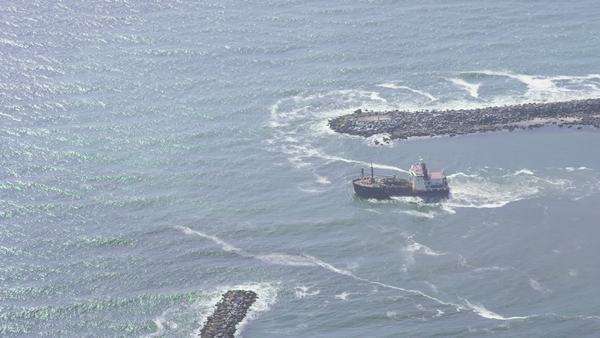 The World Sea Day has been marked since 1978 by decision of the 38th session of the International Marine Organization of November 1977, initially celebrated on March 17. Since 1980 it’s been celebrated on one of the days of the last week of September. The goal of the World Sea Day is drawing the community’s attention to problems, connected with the pollution of water basins, global warming and illegal fishing.
The World Sea Day has been marked since 1978 by decision of the 38th session of the International Marine Organization of November 1977, initially celebrated on March 17. Since 1980 it’s been celebrated on one of the days of the last week of September. The goal of the World Sea Day is drawing the community’s attention to problems, connected with the pollution of water basins, global warming and illegal fishing.
The sea always fascinated people. Many poets and artists worship the sea in their works while people of all walks of life annually dream about a holiday at the seaside.
At the same time, according to the UN, annually about 21 million barrels of oil leak into the ocean causing death of tens of thousands of seabirds and mammals.
Over the last 100 years 90% of the world reserves of tuna and codfish have been fished out.
The global warming has led to the rise of the world ocean water level by 10-25 cm. The myth that the global water resources are inexhaustible has seriously affected the biodiversity of the world ocean, Alexei Knizhnikov, the coordinator of the World Wildlife Fund’s department for the environmental policy in oil and gas sector, says.
« Just two examples. Whale fishery has almost killed some species of whales. The classical example for Russia is the gray whale in the Okhotsk Sea. It had been considered to be extinct way back in 20th century. But in the end of the 20th century a hundred of these whales was detected and now we are doing our best to preserve the population of these whales. The second example is the extinction of sturgeon because of very aggressive fishing. »
The disaster in the Gulf of Mexico in April when an explosion of an oil rig led caused a huge oil spill showed how terrible the negative impact of human beings on the environment can be, the expert says.
« That oil spill has halted the industrial fishing in the water area which size is equal to the size of Greece. The environment disasters are now getting country-scale and the next step is a continent-scale. »
Source: Text: IDEA International Dialogue for Environmental Action Image: dissolve.com
 Man is both creature and moulder of his environment, which gives him physical sustenance and affords him the opportunity for intellectual, moral, social and spiritual growth. In the long and tortuous evolution of the human race on this planet a stage has been reached when, through the rapid acceleration of science and technology, man has acquired the power to transform his environment in countless ways and on an unprecedented scale.
Man is both creature and moulder of his environment, which gives him physical sustenance and affords him the opportunity for intellectual, moral, social and spiritual growth. In the long and tortuous evolution of the human race on this planet a stage has been reached when, through the rapid acceleration of science and technology, man has acquired the power to transform his environment in countless ways and on an unprecedented scale.